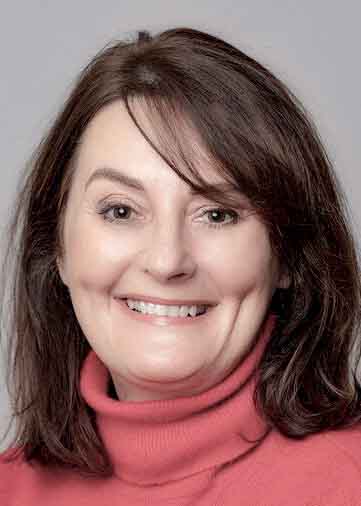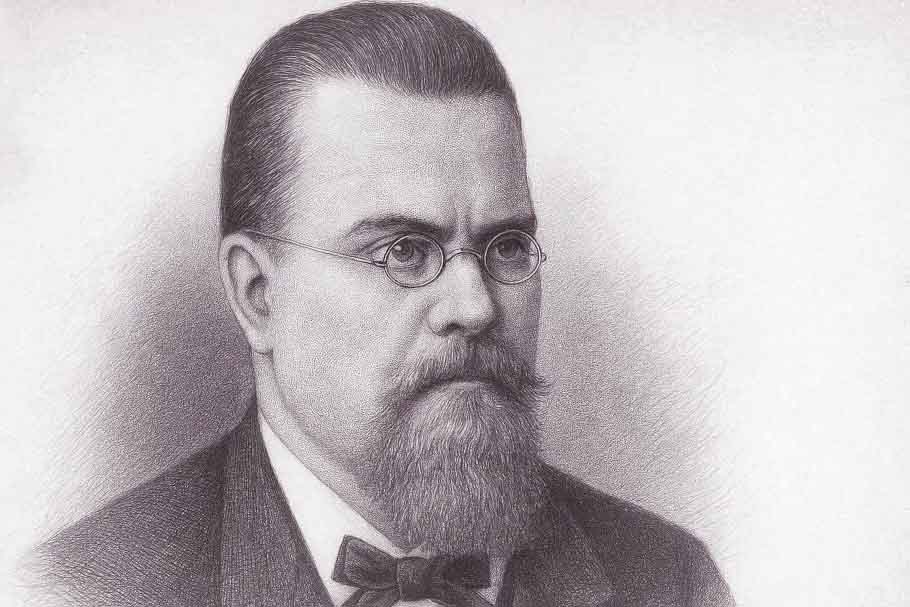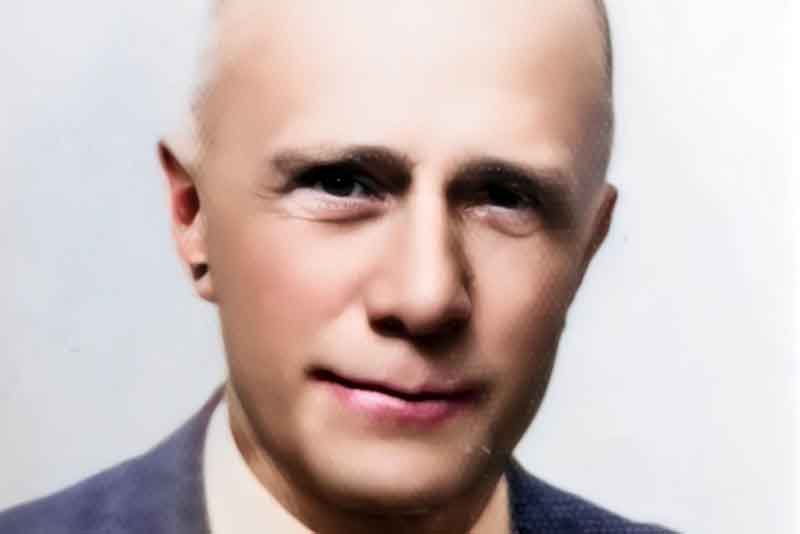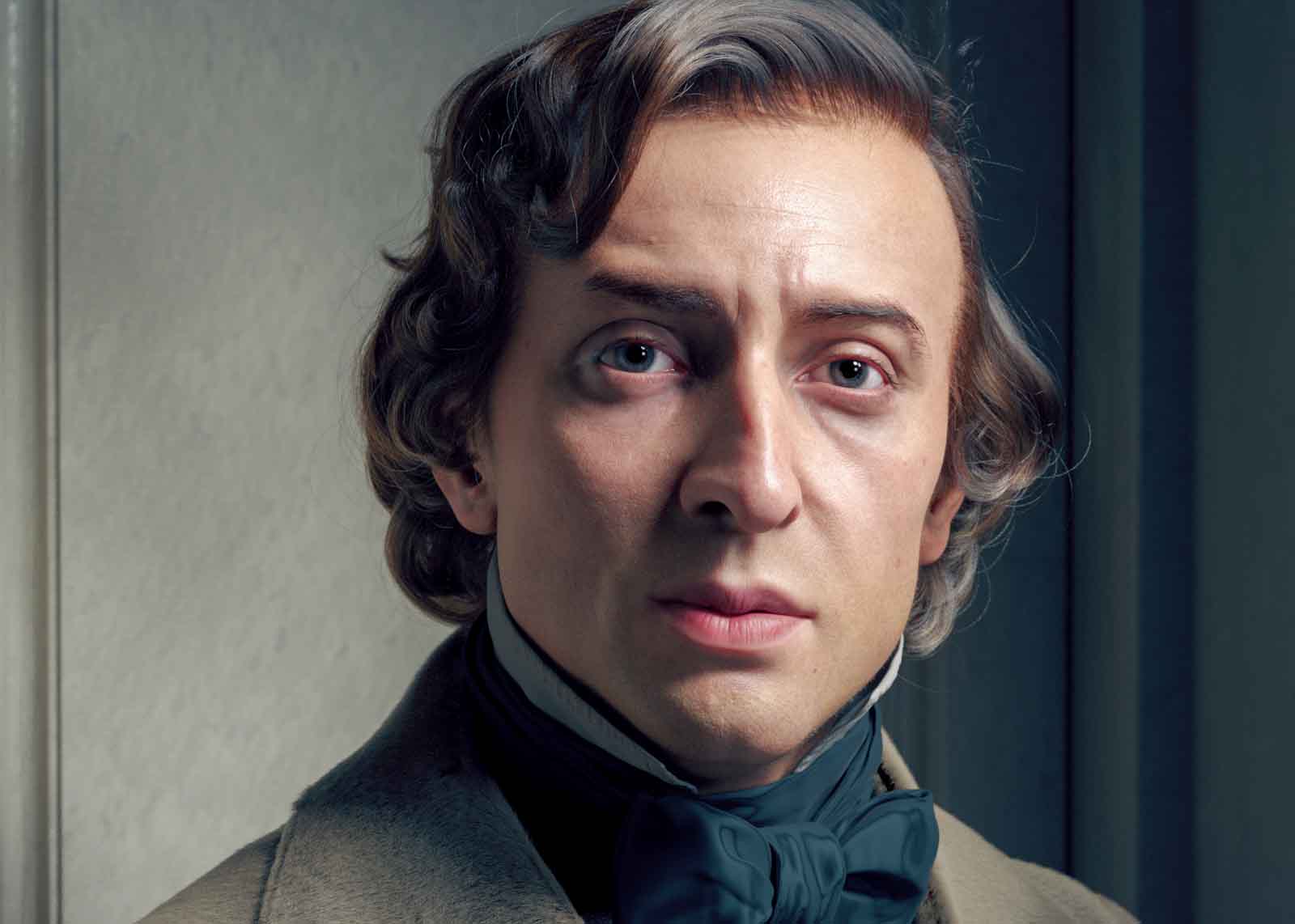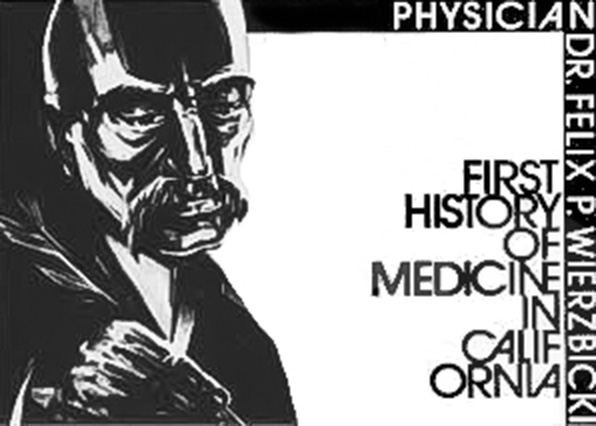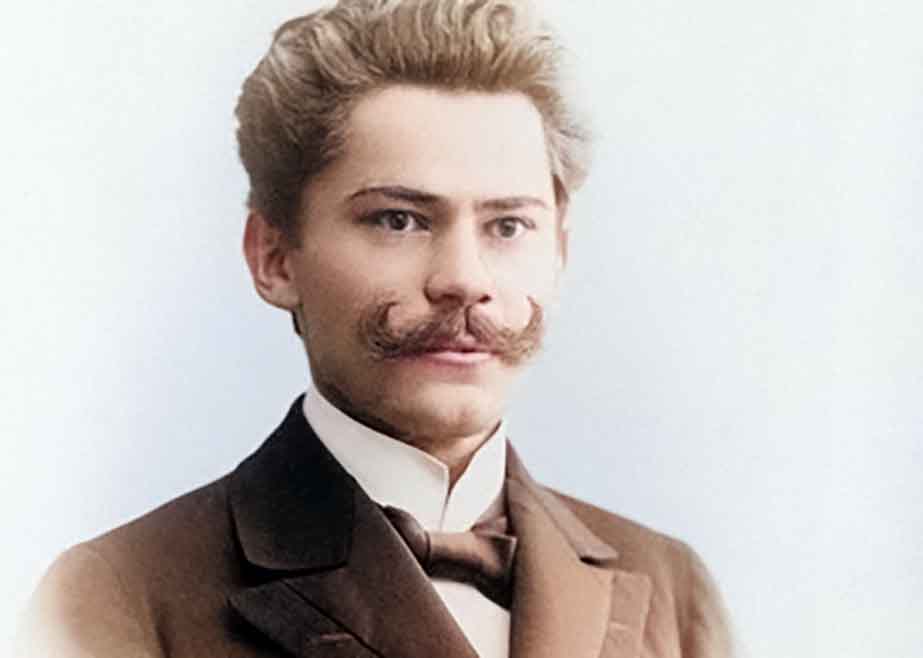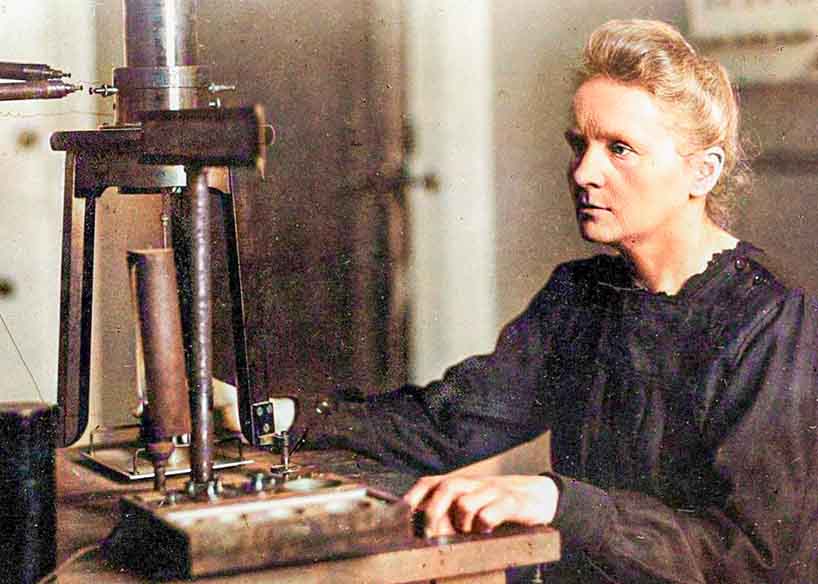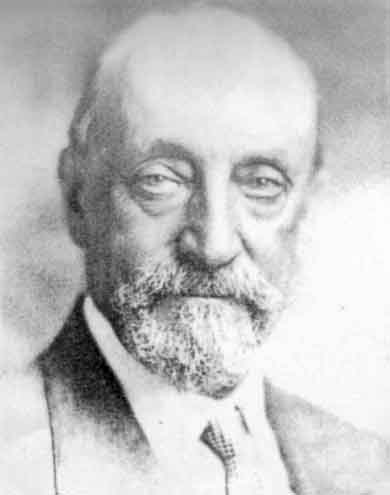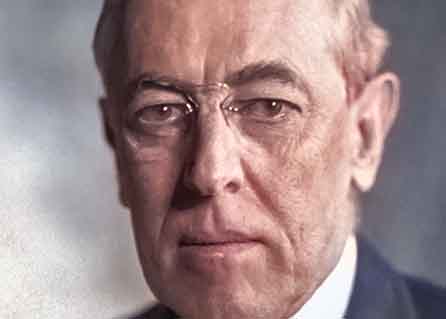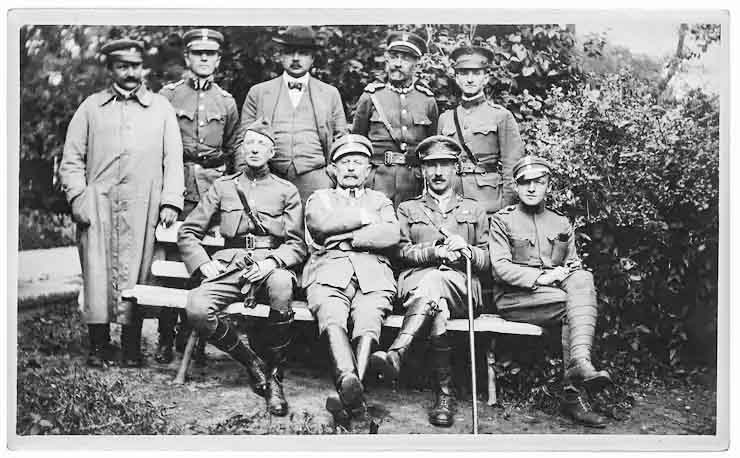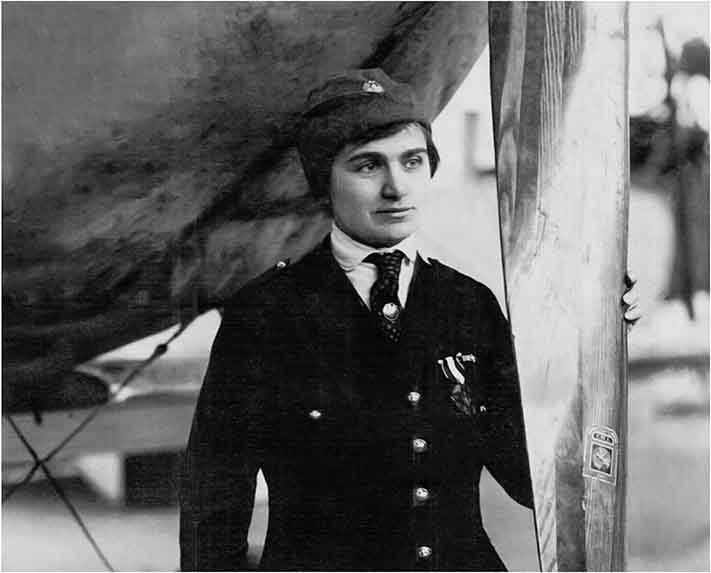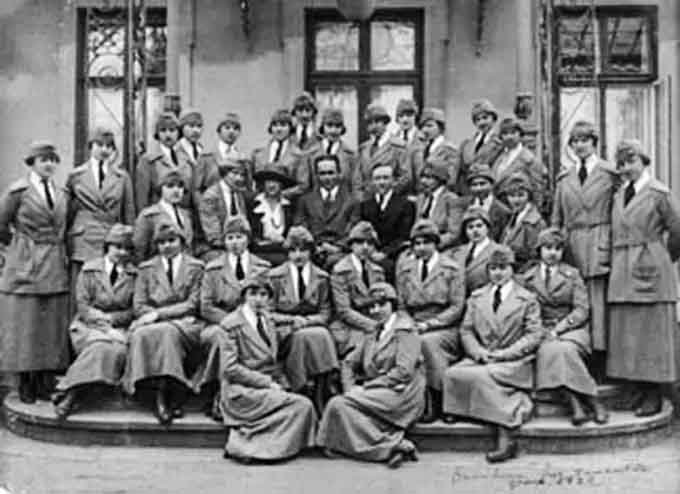Dr. Ludwik Rajchman (1884-1965) — a remarkable but lesser-known physician, played a pivotal role in revolutionizing medical practice on a global scale.
Born into a distinguished family in Warsaw, Poland, Rajchman embarked on a remarkable journey that would shape the future of international health initiatives. Educated at the prestigious Jagiellonian University in Krakow, he later honed his skills at renowned institutions such as the Pasteur Institute in Paris and the Royal Institute of Public Health in London. It was through his studies in bacteriology that Rajchman developed a profound interest in epidemiology and public health.
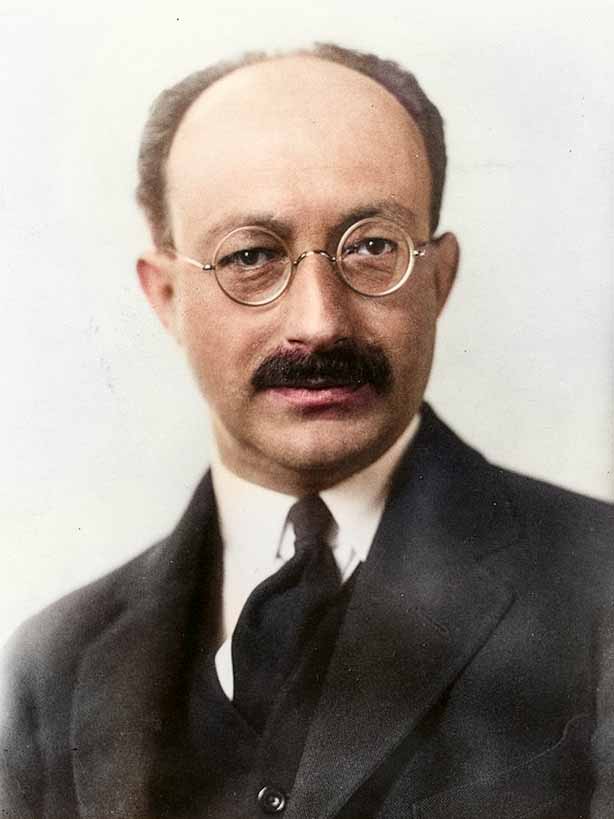
Dr. Ludwik Rajchman (color by A. Woźniewicz) (Source: Wikimedia Commons)
In the aftermath of World War I, Rajchman made significant contributions to the control of typhus in Poland. Drawing upon his experience as the head of the Central Laboratory of Dysentery in London, he successfully convinced the newly established Polish government to create the Państwowy Centralny Zakład Epidemiologiczny (National Central Epidemiology Institute) in November 1918. This institution, later known as the Państwowy Zakład Higieny (National Hygiene Institute), focused on combating the devastating epidemics plaguing post-war Poland. Rajchman assumed the position of its Director and enlisted the support of prominent Polish physicians, including his cousin Dr. Ludwik Hirshfeld, the inventor of the ABO blood group system, and Dr. Kazimierz Funk, widely recognized as "the father of the vitamin."
The League of Nations (1920–1946) was created to help promote international cooperation and is considered the predecessor of the United Nations (est. 1945–present). Its founding document was drafted during armistice negotiations after WWI. Rajchman's exceptional managerial skills did not go unnoticed, and in 1920, he was appointed to the Epidemic Commission of the League of Nations Health Organization (LNHO) and served as its Medical Director. Through LNHO, he advocated for the standardization of vaccines and pharmaceuticals and championed international medical exchange and training missions. Rajchman's focus areas encompassed prevention, maternal and neonatal health, nutrition, workers' health, and compensation. His expertise extended beyond Europe, as he shared his knowledge and experience in Africa, Latin America, and the Far East, particularly China.
During World War II, Rajchman proposed the establishment of an international health service organization, as detailed in a publication from 1943. He became involved with the United Nations Relief and Rehabilitation Administration (UNRRA), formed in 1943 to prevent the spread of epidemics and provide assistance to displaced persons affected by the war. Recognizing the urgent need to address the plight of starving children in the aftermath of WWII, Rajchman proposed utilizing remaining UNRRA funds to establish a global program dedicated to their welfare.
In December 1946, the United Nations General Assembly responded to Rajchman's call by creating the International Children's Emergency Fund, now known as the United Nations Children's Fund (UNICEF), with Rajchman serving as its inaugural chairman. UNICEF's primary objective was to provide indiscriminate aid to children affected by the war, guided by Rajchman's unwavering vision.
Sadly, Rajchman's influence was curtailed by Cold War politics, and he was excluded from planning for the World Health Organization (WHO). Despite residing in France, he joined the new Polish delegation to UNRRA and the United Nations, initially earning favor with the communist government. However, as the Cold War intensified, his diplomatic passport was revoked by the Polish authorities, effectively bringing an end to his illustrious international public health career.
Dr. Ludwik Rajchman's contributions to global health are immeasurable. His unwavering commitment to international health organizations and public health initiatives has left an indelible impact on our world. Rajchman's tireless efforts have shaped the landscape of healthcare, and his visionary approach to medical practice, free from borders, continues to inspire and benefit us all.
Article originally published by the Minnesota Polish Medical Society. Republished with permission.



